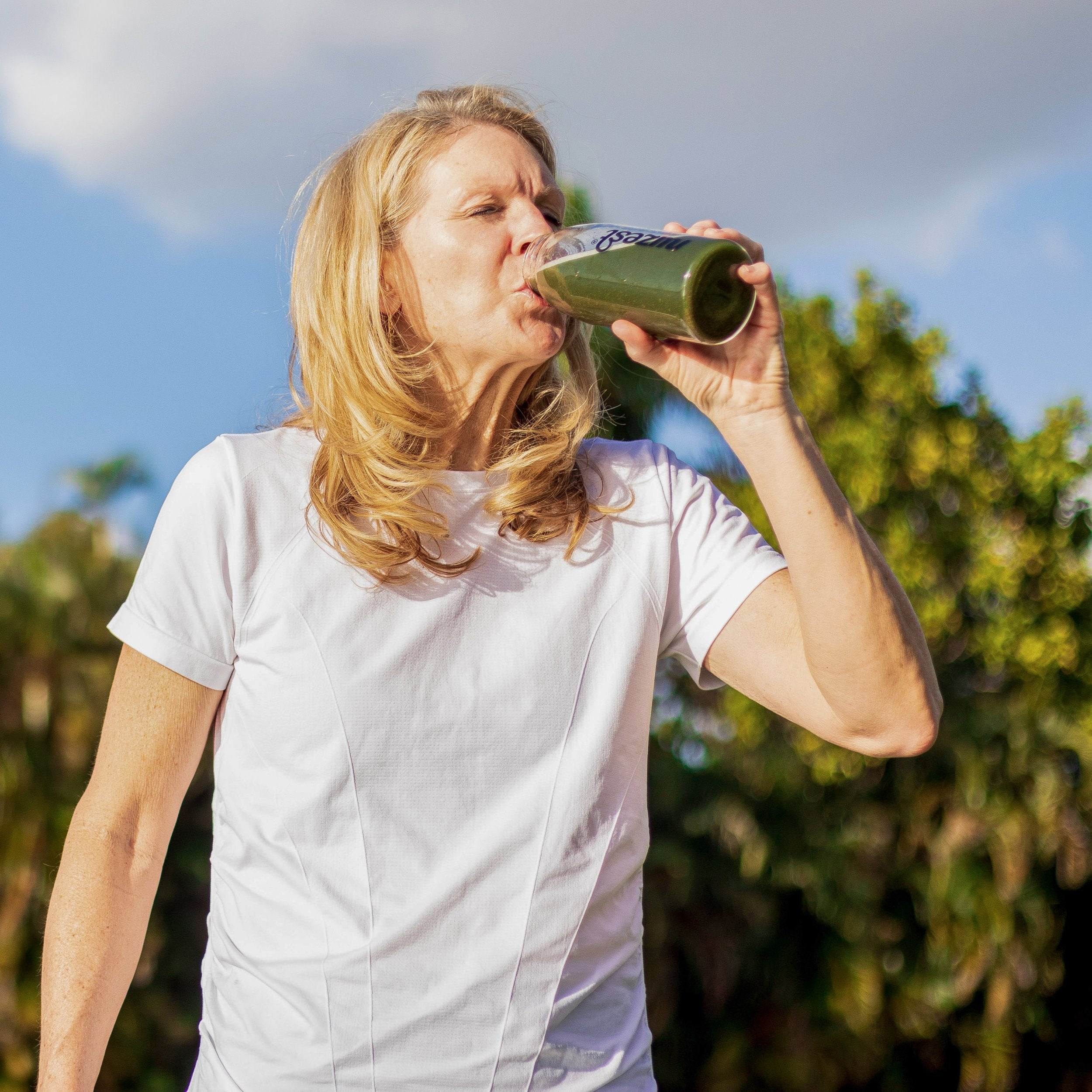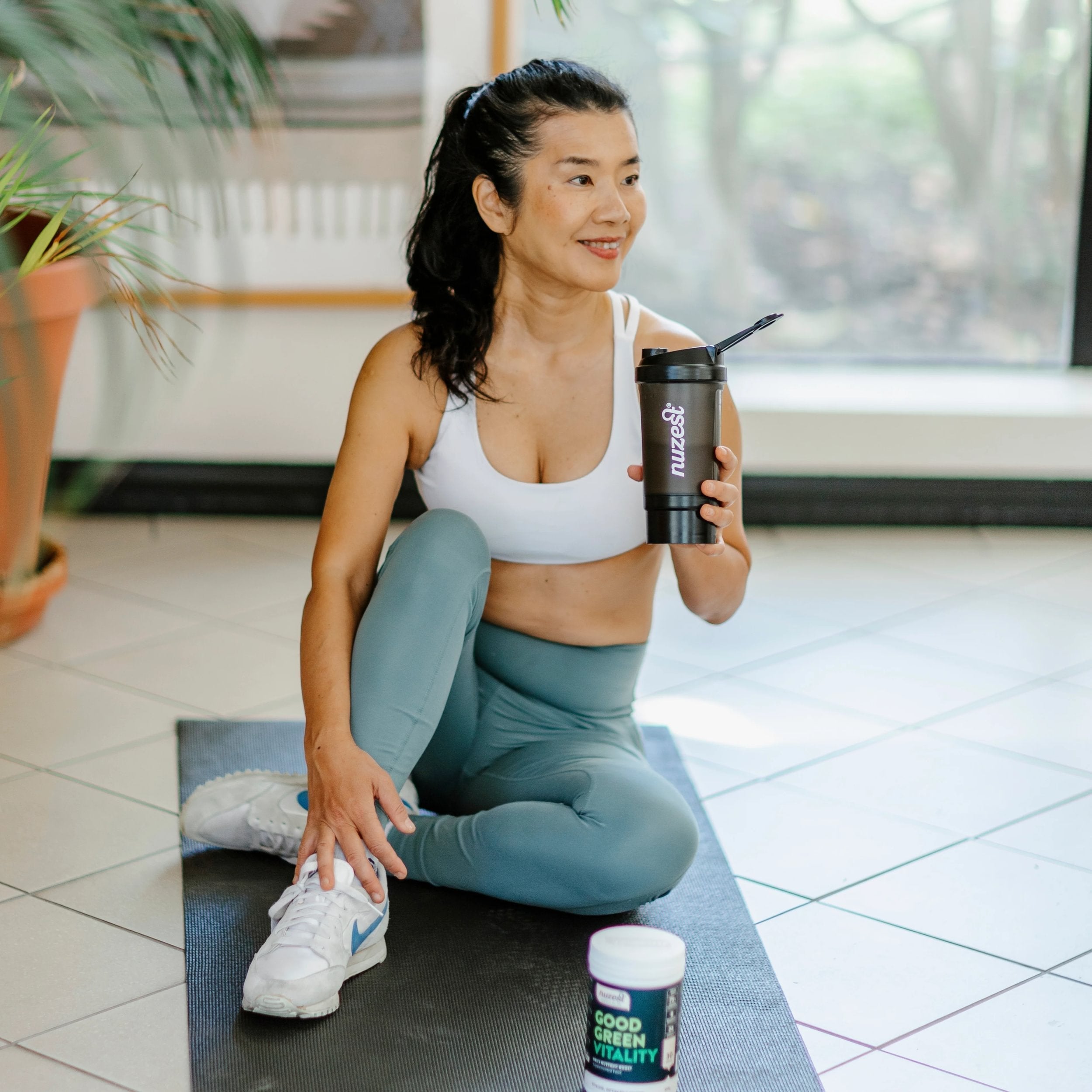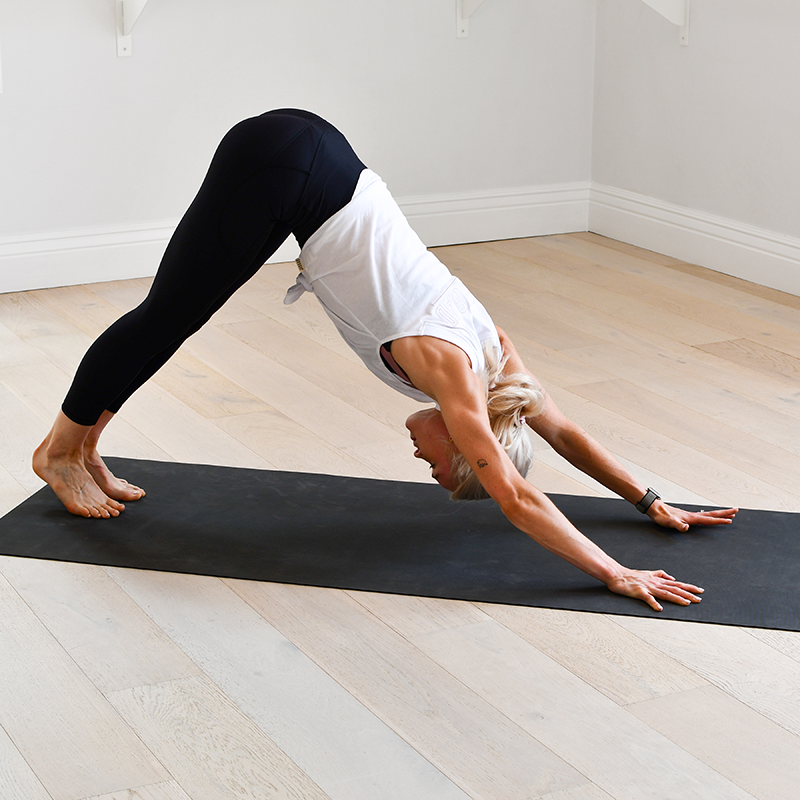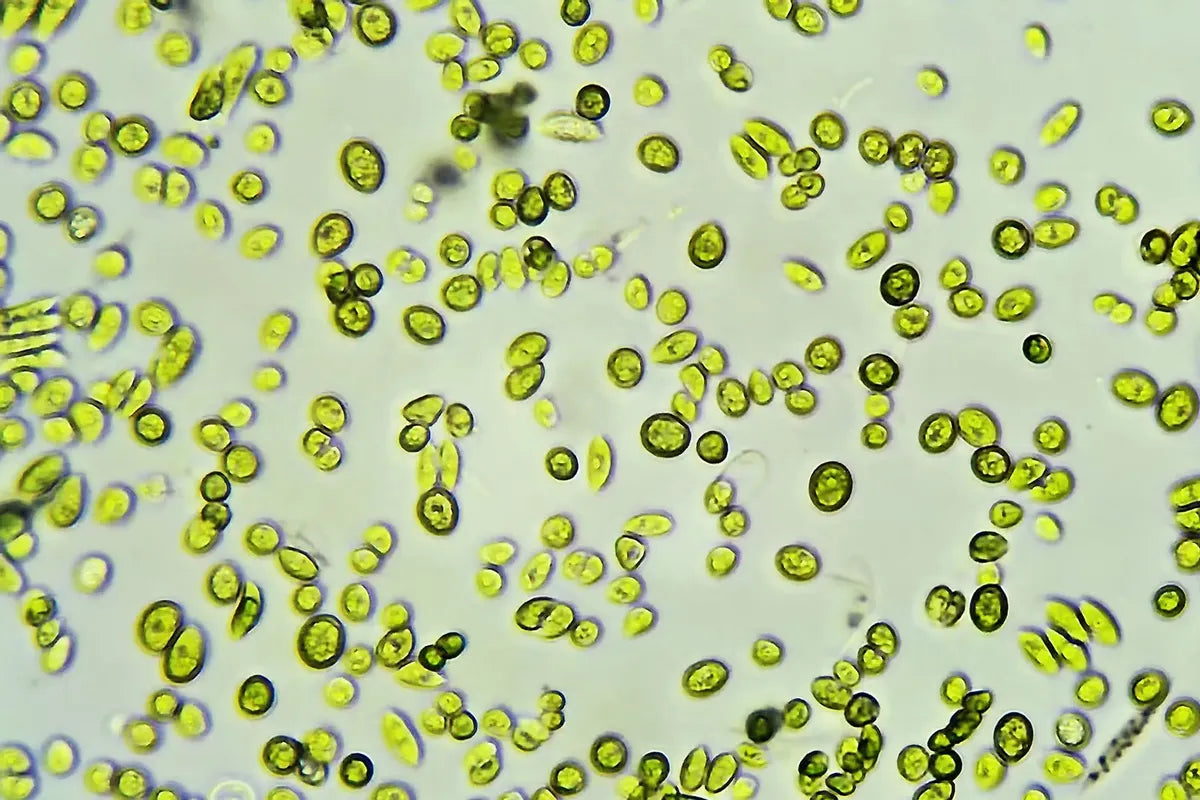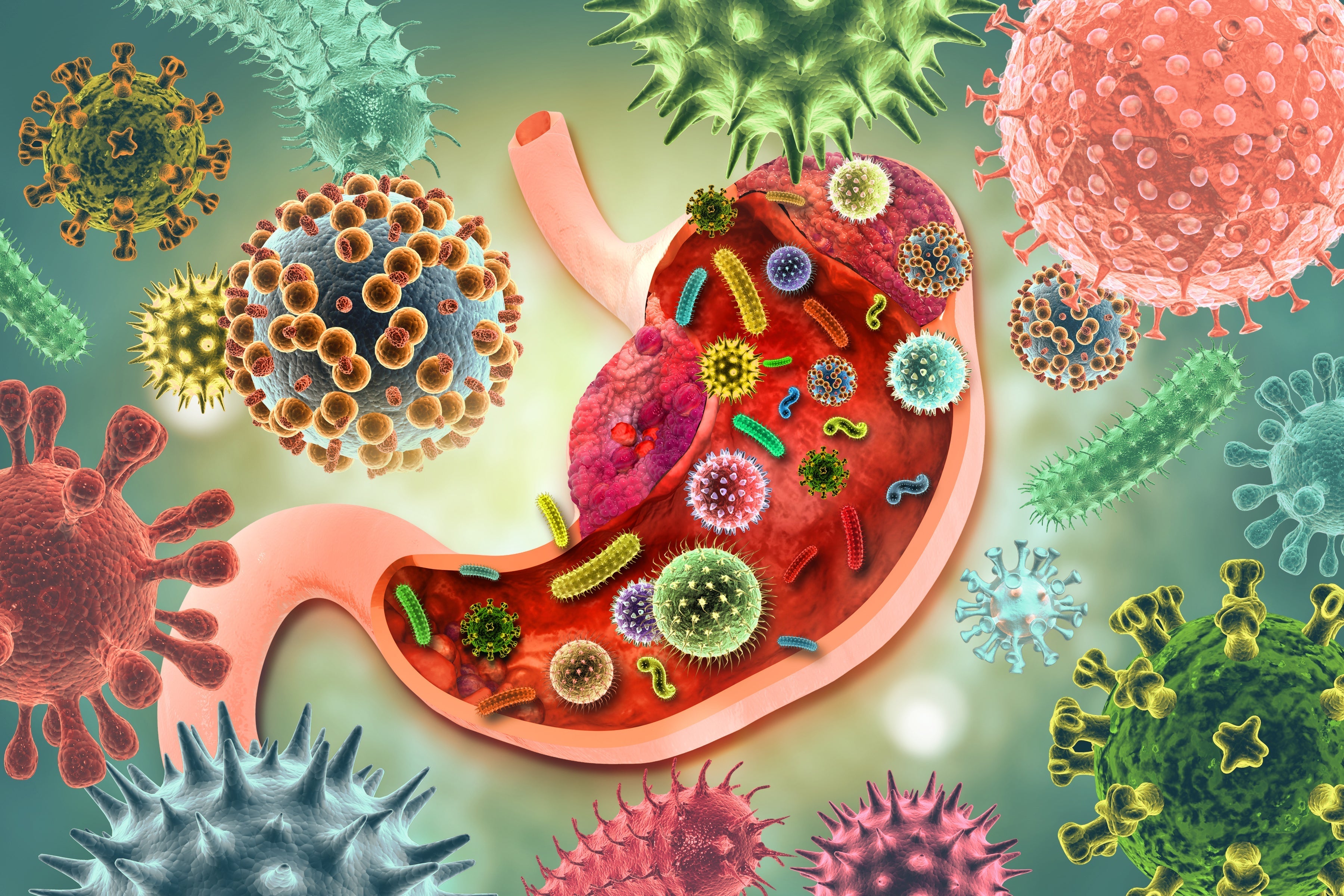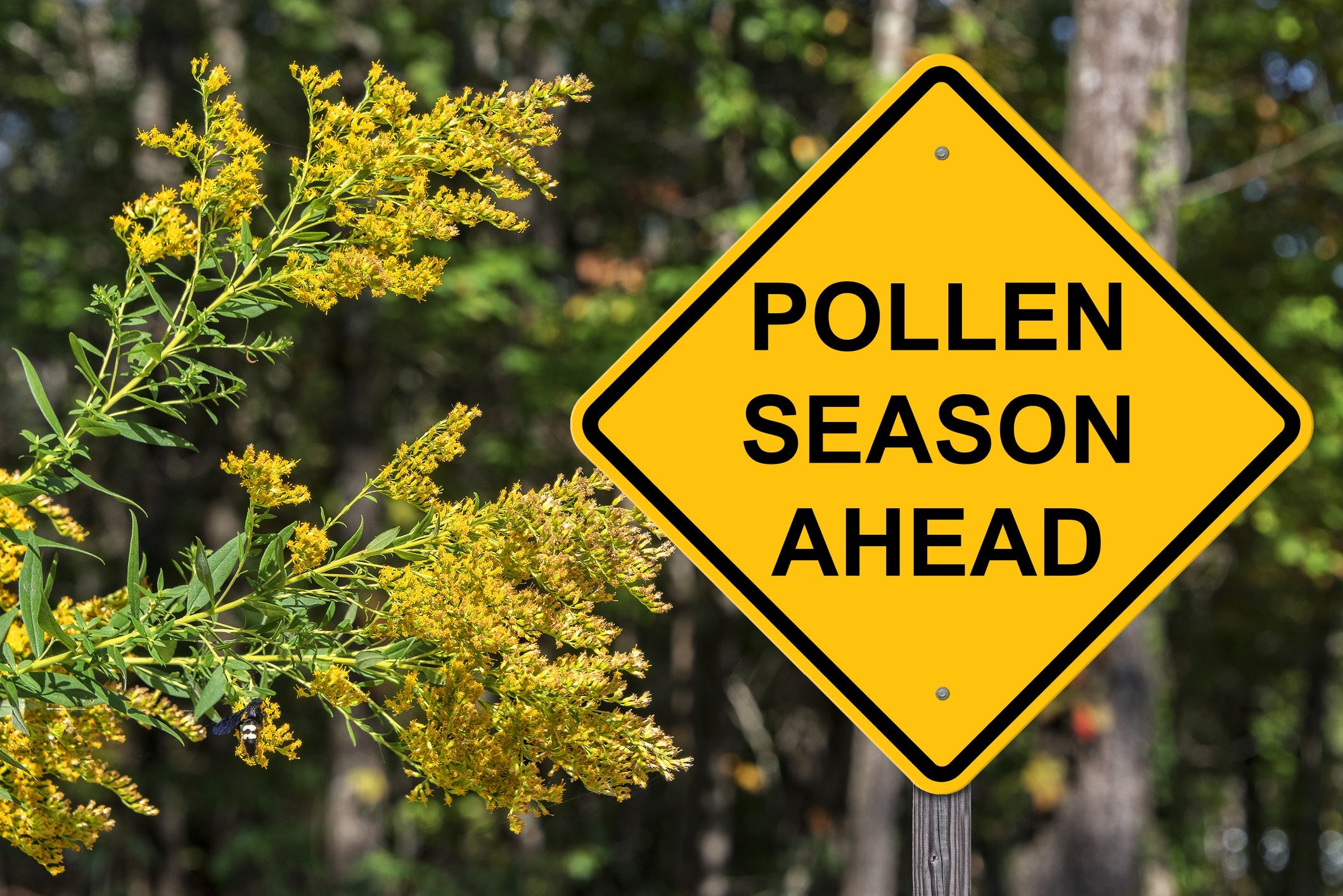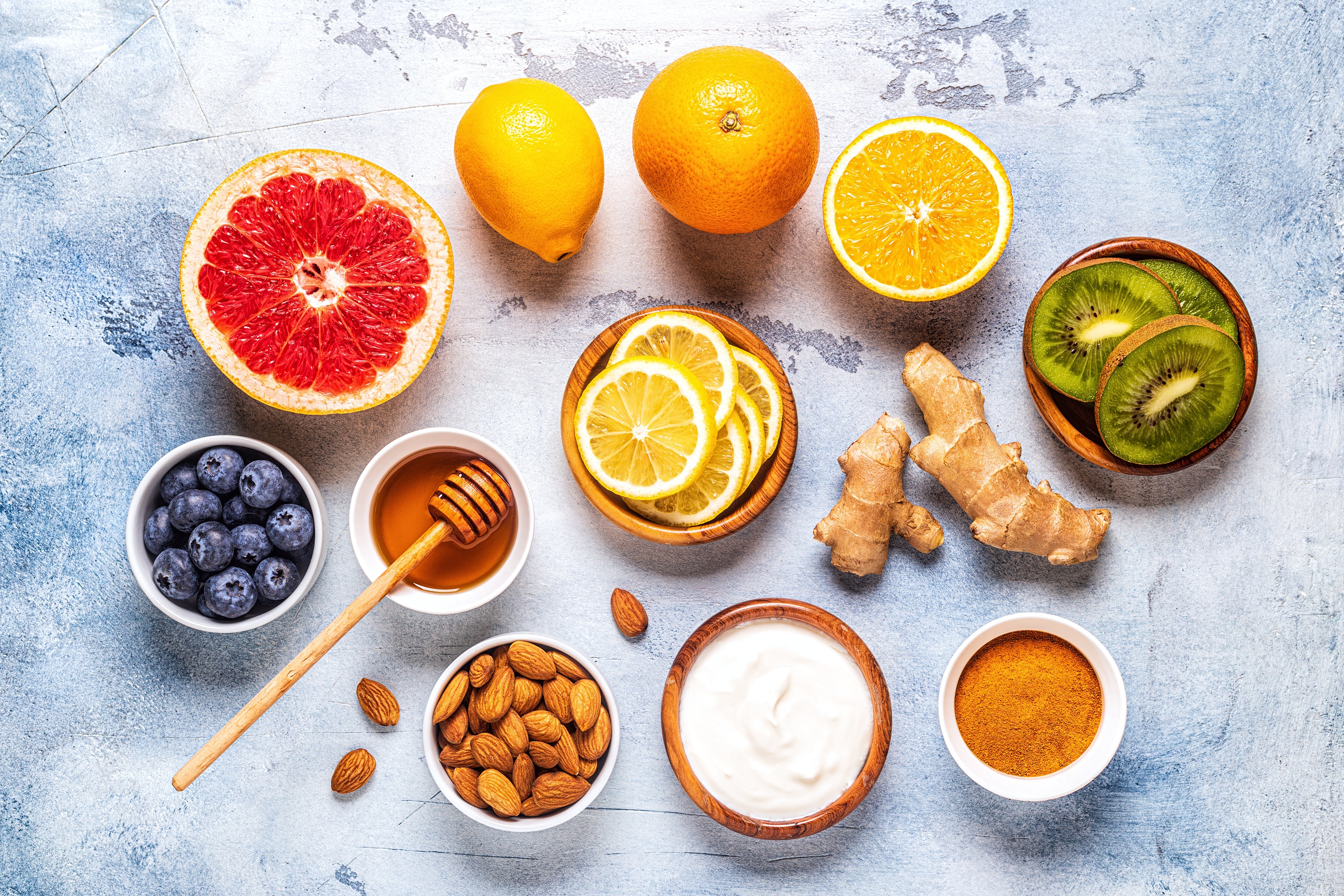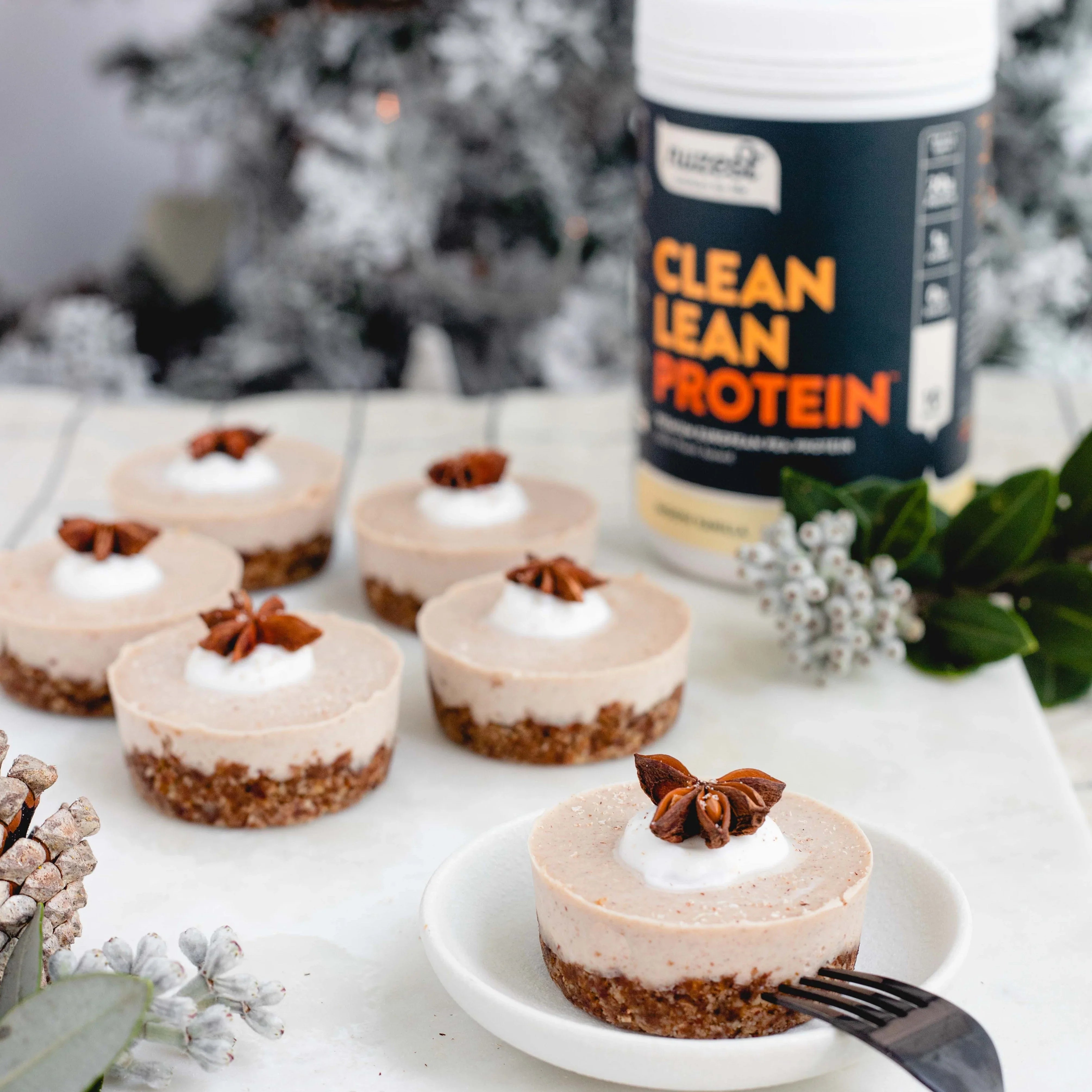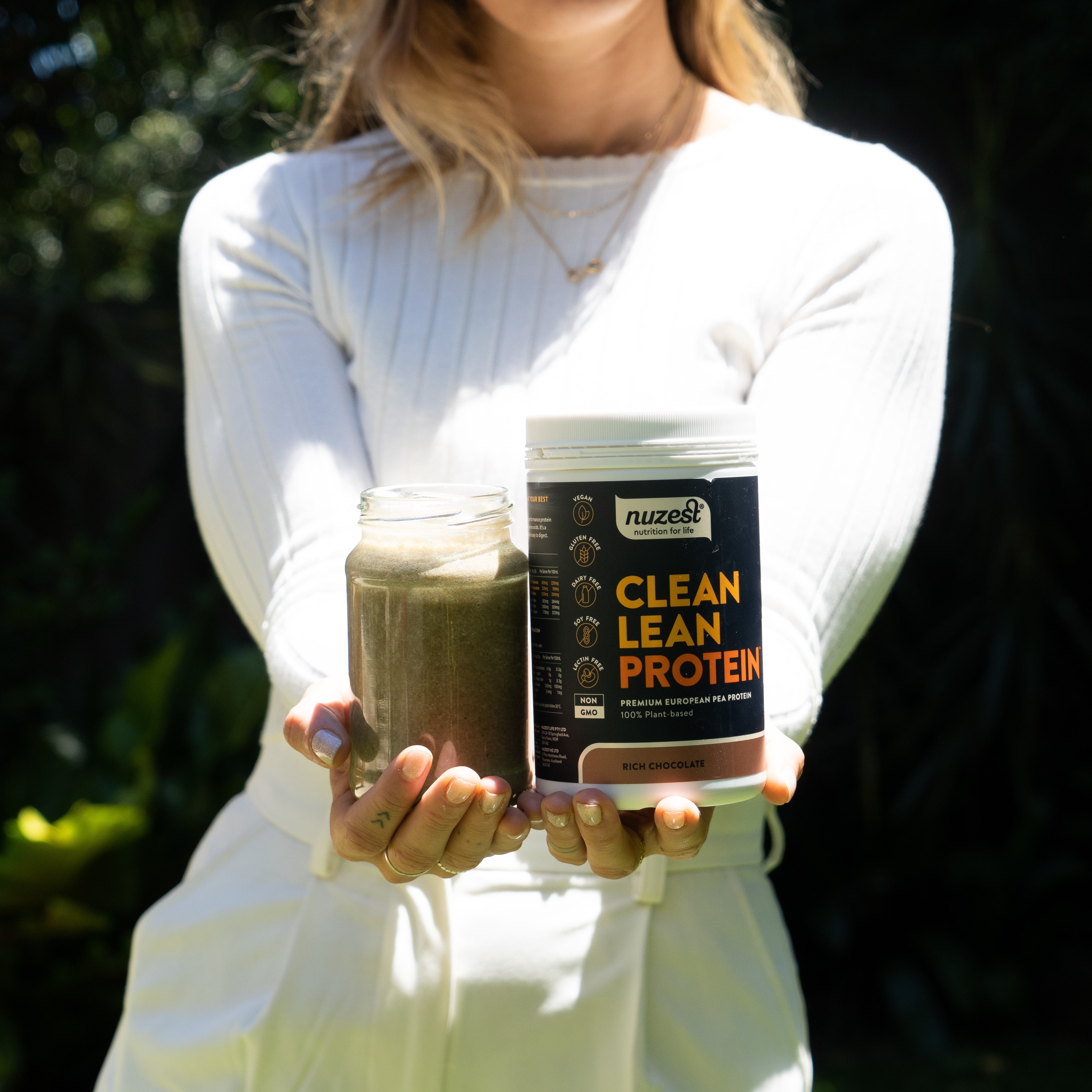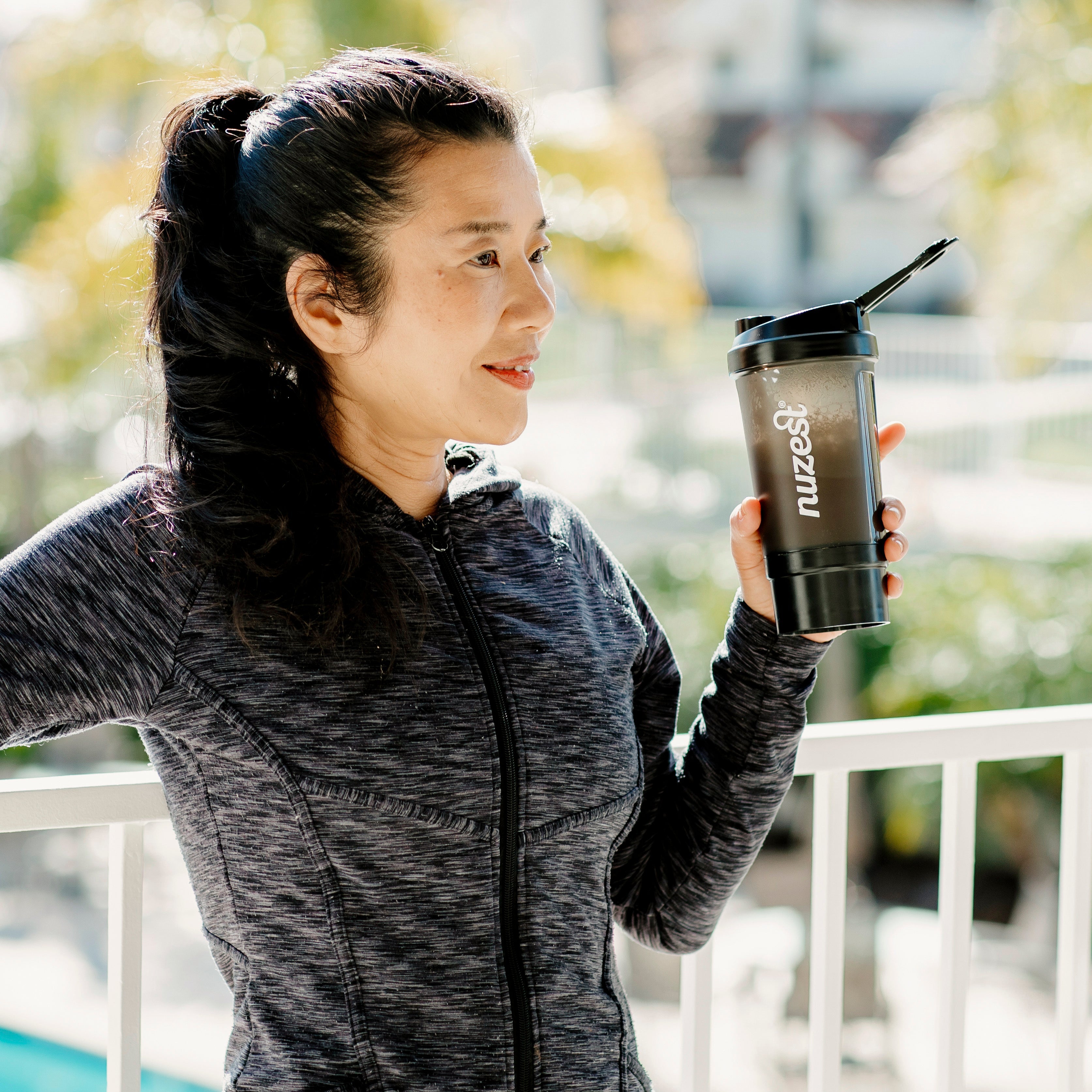The change of season seems to be when many of us succumb to the symptoms of cold and flu and while annoying, we do not have to let this be the end of the world!
The symptoms we experience are not from the viruses or bacteria themselves, but from our attempts to deal with them. If you are extremely stressed you may be weakening your immune system so that colds and flu's show no symptoms. Whilst this sounds ideal, the damage it's doing to your body is not.
It's also fair to say that we don't need to become as sick as often or to such levels as we do if our immune system is functioning as well as it can. If our immune system can quickly and efficiently deal with pathogens early, we may not feel any of the symptoms of illness. A stitch in time really does save nine!
Below is a simple overview of the steps you can take to limit the impact that seasonal illness can have on your body.
Make sure you're well rested
It has long been known that sleep and health are closely intertwined. Sleep deprivation, disruption and misalignment (not sleeping during the night) have all been associated with acute and chronic inflammation which can alter the normal immune response to disease.
It's best practise to get 7-8 hours per night and to start winding down by avoiding electronic screens, energetic activities and bright lights roughly an hour before your normal bed time.
Keep active, but don't overdo it
Exercise is necessary to aid blood circulation and blood pressure which can help cells and molecules of the immune system travel around the body faster and get to work more quickly. However, careful not to overdo it. Too much exercise actually depresses your immunity.
A Study by Gleeson in 2007 demonstrated that prolonged strenuous bouts of exercise depress the immune system for anywhere between 3-24 hours after the workout.1 So, while it's important to keep active, it's equally as important to not overexert yourself, especially if you are under the weather.
If you are an endurance athlete, or likewise train for extended periods, you need to pay particular attention to your diet and supplement regime to compensate, and also ensure that exercise is followed by adequate periods of rest to allow recovery.
Prioritise fat and protein at meals and reduce 'white' carbohydrates
This may seem counterintuitive, but a high sugar load has been assumed by many physicians to reduce immunity in the short term, and to be detrimental to long term metabolic health.
Natural fats on the other hand provide stable fuel that has been shown to reduce oxidation and its related damage. Optimal fat intake also helps us to regulate cholesterol effectively; allowing us to create vitamin D in the skin, especially if sun exposure is low.
Get a little sun and ensure you support yourself with additional vitamin D
On this point the advice is simple. When the sun is shining don't waste it! There are those wonderful, sunny, winter days when the sun pokes its head out. When this happens take your jumper off and get some sun! (Assuming it's warm enough out of the wind to do so.)
To ensure you are getting enough vitamin D outside of this, you can take a supplement. Make sure that it contains the preferred D3 (cholecalciferol) form of vitamin D, not D2 which is often used in supplements. The D3 is usually obtained from lanolin (sheep's wool), however, it is also available from lichen, making it vegan friendly.
Monitor your hygiene
Pathogens can spread via air droplets or from physical contact with different surfaces. Therefore, it pays to wash your hands regularly where you can. Interestingly, the Rhinovirus, the family of viruses mostly implicated in the common cold, can last on surfaces for up to 72 hours.2
Ensure you have sufficient micronutrients
If you think of the immune system as a factory, constantly working to produce good health, micronutrients are the supplies the factory needs to operate. When you lack vitamins, minerals and other nutrients from your diet you're forcing your immune system (and the 11 remaining systems) to function on the bare minimum. As you can probably guess, this leads to poorer results.
In our next article, we will go into specific micronutrients that can help prevent or limit the effects of seasonal illness.


